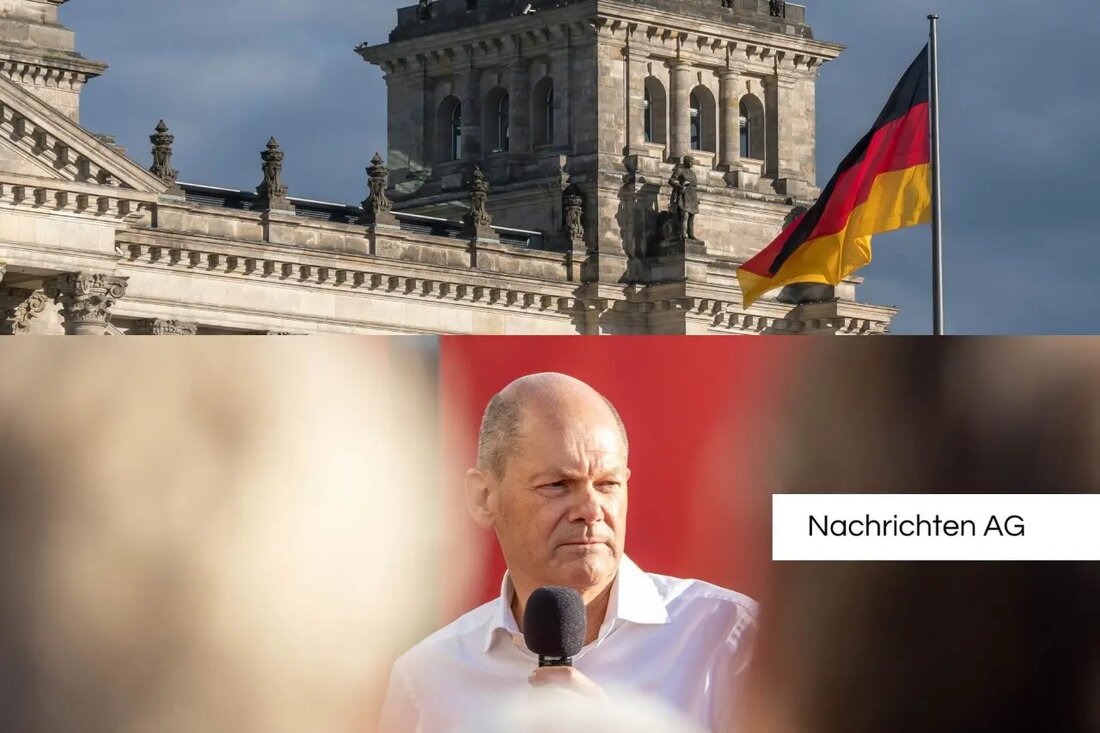Merz fails in the first ballot - political crisis in Berlin threatens!
Merz fails in the first ballot - political crisis in Berlin threatens!
On May 6, 2025, the chairman of the CDU, Friedrich Merz, did not achieve the required majority in the first ballot for the Chancellor's election in the Bundestag. Merz received 310 votes, while he would have needed 316 votes for an absolute majority. In the history of the Federal Republic of Germany, this is a historical moment, since Merz is the first designated Chancellor who failed after a federal election and successful coalition negotiations, as tagesschau.de . The second ballot is scheduled for 3:15 p.m., and Merz remains without the necessary votes to inherit Olaf Scholz (SPD), which remains in office.
The vote on the chancellor's election is secret, which means that it remains unclear which coalition partner Merz has refused to vote. Within a period of two weeks, the Bundestag can hold any number of electoral courses. If no candidate reaches the absolute majority during this time, the simple majority could be sufficient in a third election phase. This means that for Merz the pressure increases to mobilize the necessary votes in order to avoid a possible dissolution of the Bundestag and new elections.
political reactions and outlook
The political reactions from North Rhine-Westphalia are diverse. The Green politician Tim Achtermeyer described the election as a disaster and criticized Merz 'polarization in the election campaign. Henning Hönen from the FDP expressed dissatisfaction with Merz and the coalition agreement. Other politicians, such as SPD boss and designated Vice Chancellor, see opportunities for Merz in the second ballot, but also comment on the failed first vote. Prime Minister Stephan Weil (SPD) emphasized the responsibility of the MPs, while Manuela Schwesig (SPD) calls for a rapid government formation.
The political arguments are not only limited to NRW. Johann WadePhul (CDU) is of the opinion that Merz is not politically damaged, but refers to past situations as a comparison. At the same time, Dennis Thering (Hamburg's CDU) describes failure as a severe burden on democracy. Daniel Günther (CDU) calls for a different political style and a strong cohesion in the coalition, while the ministers from the north have already been named for the upcoming cabinet.
future challenges for Merz
In the case of a possible chancellor's election in the second ballot, it is important for Merz to win the support of his coalition partners, in particular against the background of the confidentiality of the vote. If he cannot quickly ensure the majorities, a political vacuum threatens. The Basic Law stipulates that the Bundestag has a total of 14 days to choose a Chancellor. Otherwise, the Federal President could dissolve the Bundestag and set new elections. Such a scenario would be catastrophic for political stability in Germany.
The talks regarding government formation have already started. Meanwhile, Merz plans to take part in France and Poland on Wednesday, and will meet on Friday with the EU Commission President Ursula von der Leyen and NATO Secretary General Mark Rutte in Brussels, provided that his chancellorship comes about, such as ndr.de indicates.
| Details | |
|---|---|
| Quellen | |


Kommentare (0)